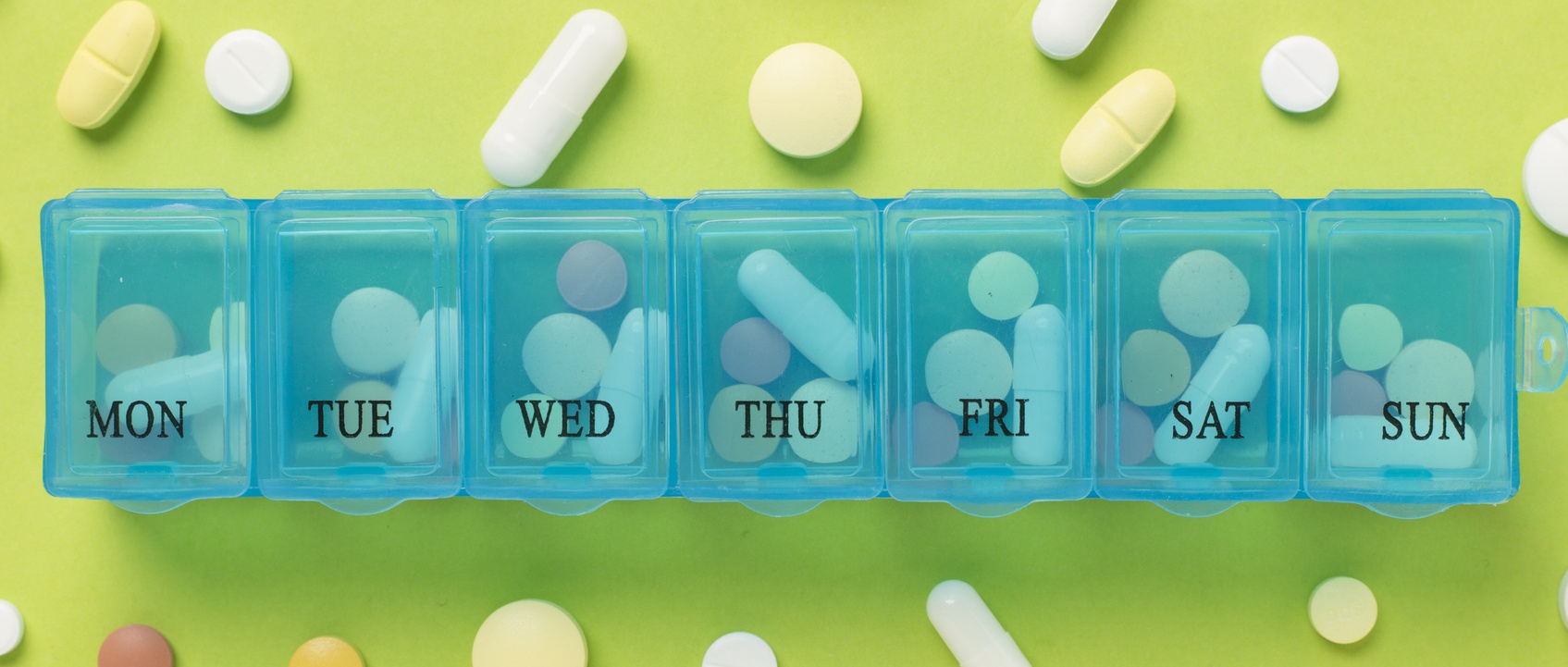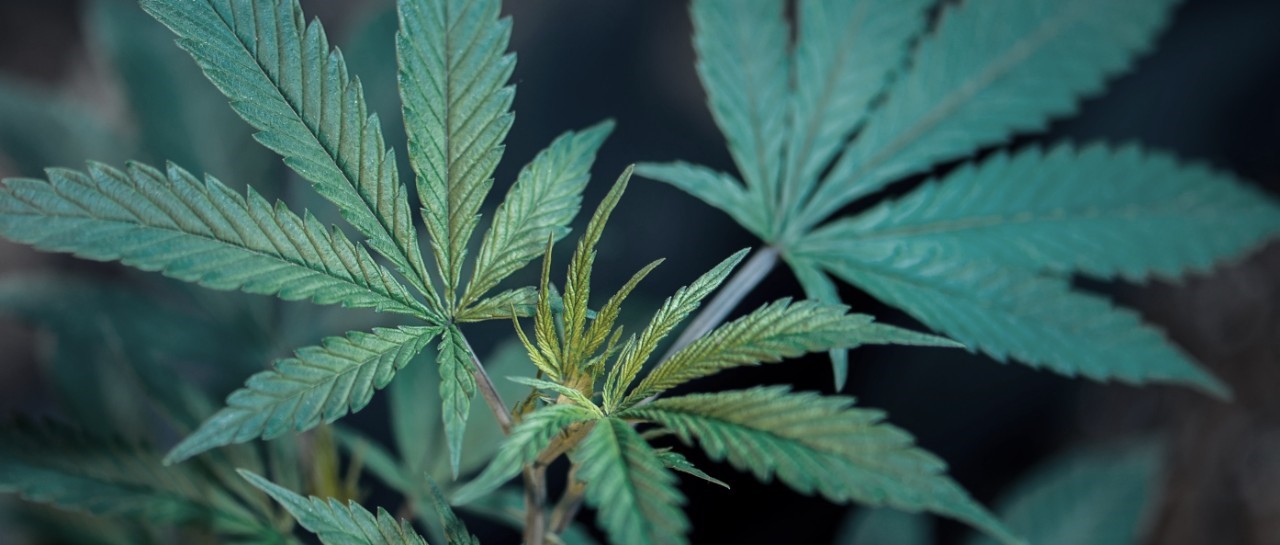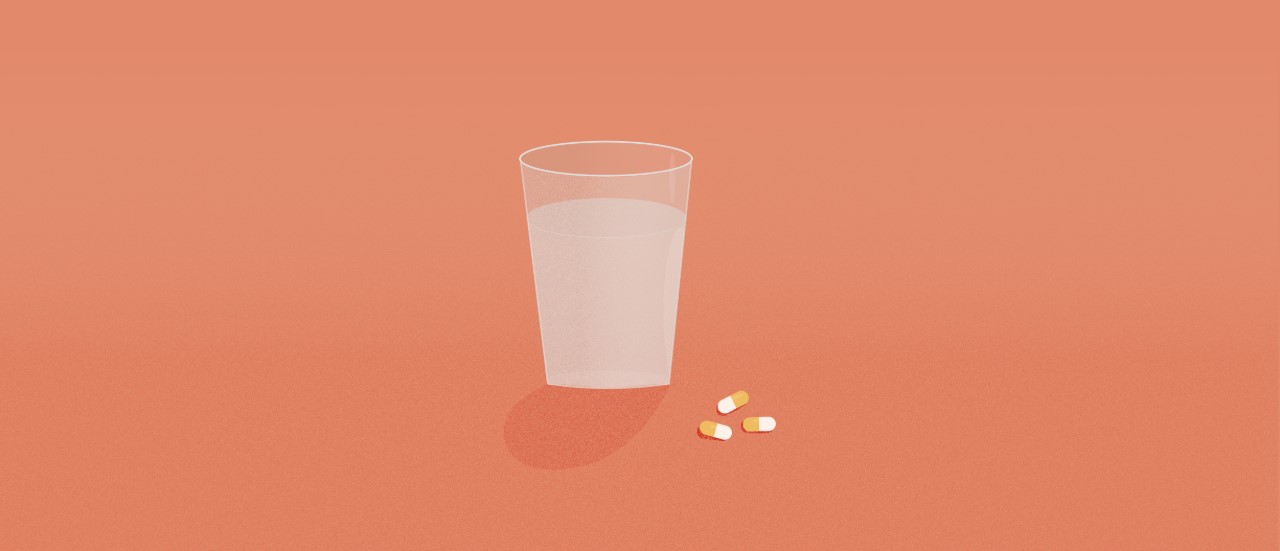
What to do if your medication isn't available
Peer reviewed by Dr Krishna Vakharia, MRCGPLast updated by Victoria RawLast updated 27 Feb 2025
Meets Patient’s editorial guidelines
- DownloadDownload
- Share
- Language
- Discussion
- Audio Version
If you take medicine then you're no stranger to regularly picking up a prescription - but what happens when it isn't available? There are many reasons why medicine may become unavailable and it's important you know what to do if this happens to your prescription.
In this article:
Video picks for Medicine information
The most important thing to remember is that you must speak with your doctor or pharmacist about alternatives if you cannot get your regular medicine.
Hussain Abdeh, a superintendent pharmacist, based in Greater Manchester, and Scott McDougall, co-founder of The Independent Pharmacy, explain more.
"High demand may account for why certain medicines are unavailable, especially if it is a medicine to treat a very common condition," Abdeh says. "Buying patterns of certain medicines can also spike at certain times of the year, causing stock issues along the way."
He adds that local shortages can also be experienced at pharmacies, so it's always a good idea to check if your medicine is available at another pharmacy.
Continue reading below
Don't stop taking your meds
It's important you continue taking your prescribed medicine. If you cannot get your usual prescription you will need to find alternatives. Your doctor or pharmacist will be able to help with that.
Abdeh says that most medicines will be available in more than one version - such as a different brand or a generic version of what you require. If the required medicine is not available, one of these alternatives will normally be dispensed by the pharmacy.
"In cases where an alternative form of the same medicine is not available, a different medicine with similar properties will be recommended," he explains. "This alternative will be a treatment for the same condition and a qualified medical professional will check to make sure that it is safe for you to take."
Pharmacist or doctor?
Back to contentsWho you contact about your missing medicine depends on the type of medicine you usually take. If it's a prescription, your doctor or practice nurse will need to issue you with a new prescription, but if it's over-the-counter medicine then your pharmacist is your best bet.
McDougall says: "If it is a prescription medicine, by law, your pharmacist has to provide the medicine that the doctor has stipulated. For non-prescription medicines, pharmacists are able to advise on similar alternatives. There are multiple medicines and brands available, so if your preferred medicine is not available, your pharmacist could suggest multiple alternatives that might help instead."
Abdeh adds that pharmacists often stock a 'like for like' version of medicines, so if your version isn't available another version could be provided. In the instance where there is not a like-for-like alternative, the pharmacist may need to request an alternative prescription from your doctor.
"Firstly, your doctor will need to authorise a new prescription for you to change prescription medicines," he says. "Secondly, they will have access to your medical history and will be able to make certain that the new medicine is safe for you to take. However in most cases the pharmacist is able to dispense a similar medicine to treat your condition."
Abdeh warns: "You should never change from one prescription medicine to another without speaking with your doctor. Different medicines contain different ingredients, even if they are used to treat the same condition, so one medicine may be less effective than another for different people."
Continue reading below
Danger zone
Back to contentsIt goes without saying that stopping medication can put your health in jeopardy, so it's very important you find an alternative to your regular prescription if it's not available.
"To effectively treat or control a condition, it is vital that you always take your medicine exactly as your doctor or pharmacist has instructed you," Abdeh says.
"You should never stop taking a medicine before you finish your course of treatment as laid out by your doctor. Doing this may mean that you have not fully cured the problem, which means that the problem may come back again."
He adds that you may also experience unpleasant side effects and withdrawal symptoms if you stop taking your medicine.
Withdrawal symptoms could include:
Anxiety.
Irritability.
Stomach pain.
Sleep problems.
Sweating.
McDougall explains that the health hazards of stopping your medicine depend on the type of prescription you usually take. If you're unsure, pharmacists can advise you on this.
Generic is just as good
Back to contentsThere's a common misconception that generic versions of a drug aren't as effective, or won't treat your condition as successfully.
But actually, generic drugs are just as effective, have no more side effects and are often cheaper for the NHS.
McDougall says you don't have to worry if your pharmacist swaps your usual medicine for a generic version. Generic and branded medicines are all thoroughly tested to ensure that they meet the same standard of quality. Even receiving different generic brands is inconsequential - a common pharmaceutical practice that saves the NHS money.
He adds: "However, some medicines must be prescribed as a specific brand. For these medicines, there are very narrow margins between a safe and a toxic dose, so even small changes can be dramatic.
"Thankfully, there are very few medicines that fall into this category, and pharmacists are aware of this. As a result, they can ensure that people are kept on the right brand of medicine for their condition."
Abdeh advises you should always tell your doctor or pharmacist about other medicines you are taking if your prescription needs to be swapped.
"This includes medicine that you can buy without a prescription, like herbal remedies, vitamins and supplements," he says. "If you know that you are allergic to certain substances, or if you have a medical - or family - history of any serious health problems, make sure they know straightaway."
Patient picks for Medicine information

Treatment and medication
Chemical found in cannabis could be more effective than painkillers
Researchers discover how the cannabis plant creates pain-relieving molecules that are 30 times more powerful at reducing inflammation than aspirin.
by Ashwin Bhandari

Treatment and medication
Should you worry about steroids and their side effects?
Steroids have had a bad press over the years - a combination of their side effects and misuse of anabolic steroids by bodybuilders. But we actually make steroids in our own bodies - and used as your doctor recommends, they can be effective and safe.
by Dr Sarah Jarvis MBE, FRCGP
Continue reading below
Article history
The information on this page is peer reviewed by qualified clinicians.
Next review due: 28 Feb 2028
27 Feb 2025 | Latest version
16 Apr 2021 | Originally published
Authored by:
Andrea Downey

Ask, share, connect.
Browse discussions, ask questions, and share experiences across hundreds of health topics.

Feeling unwell?
Assess your symptoms online for free
Sign up to the Patient newsletter
Your weekly dose of clear, trustworthy health advice - written to help you feel informed, confident and in control.
By subscribing you accept our Privacy Policy. You can unsubscribe at any time. We never sell your data.